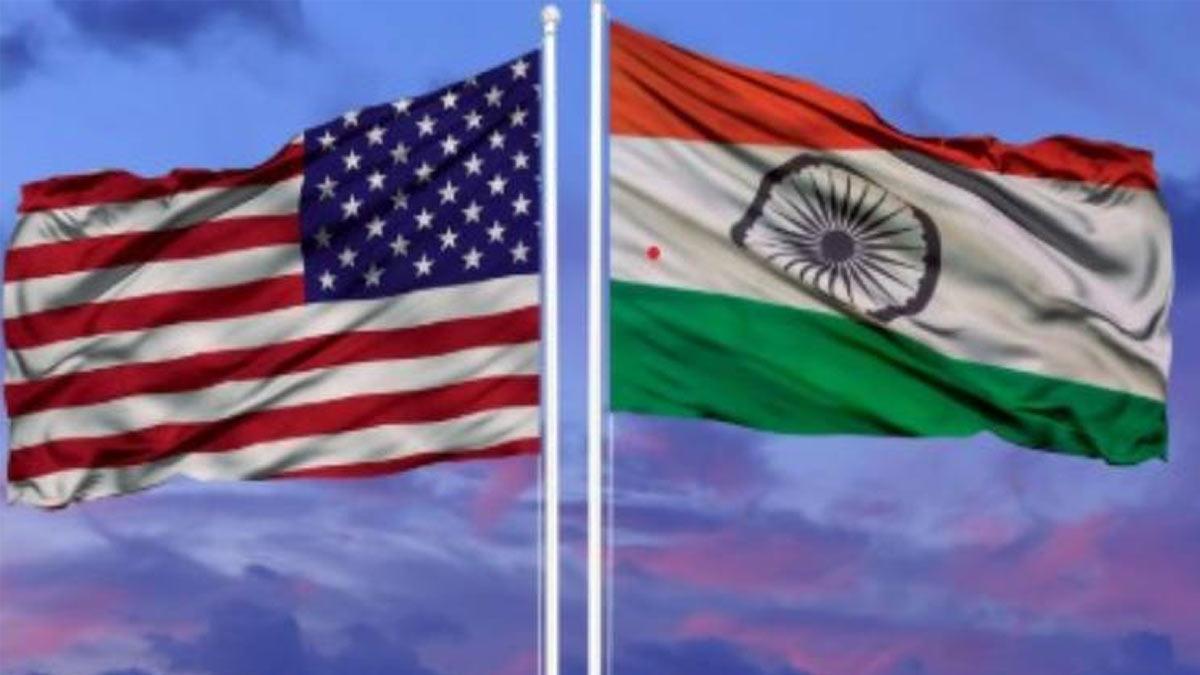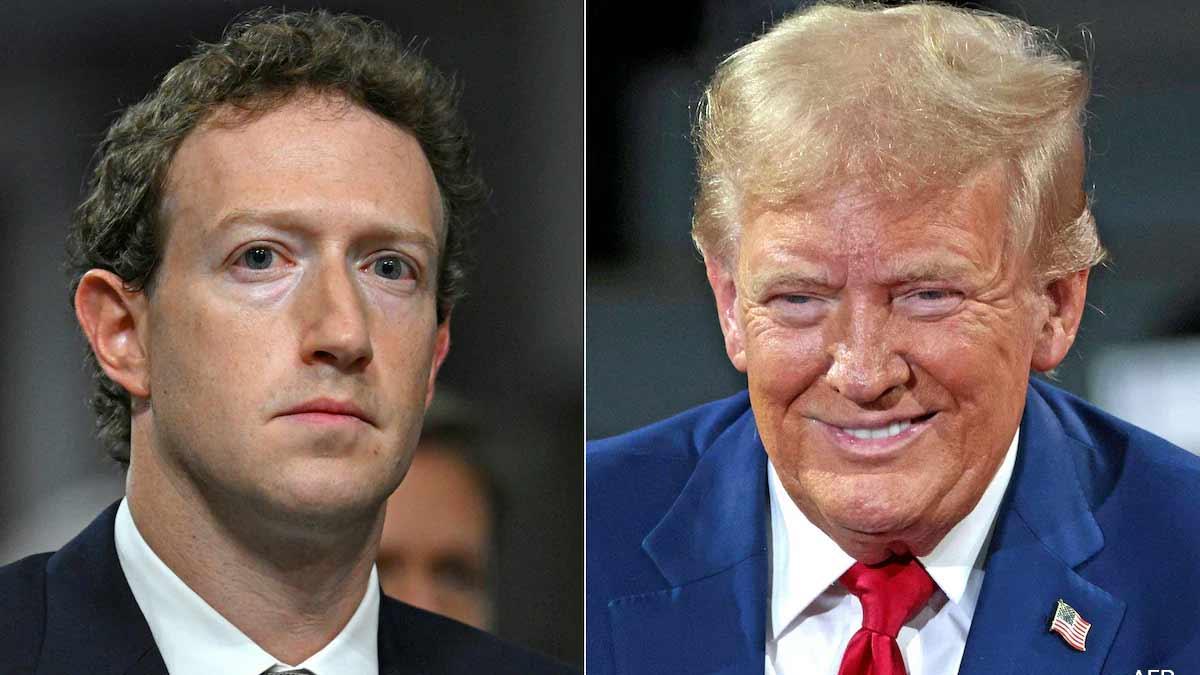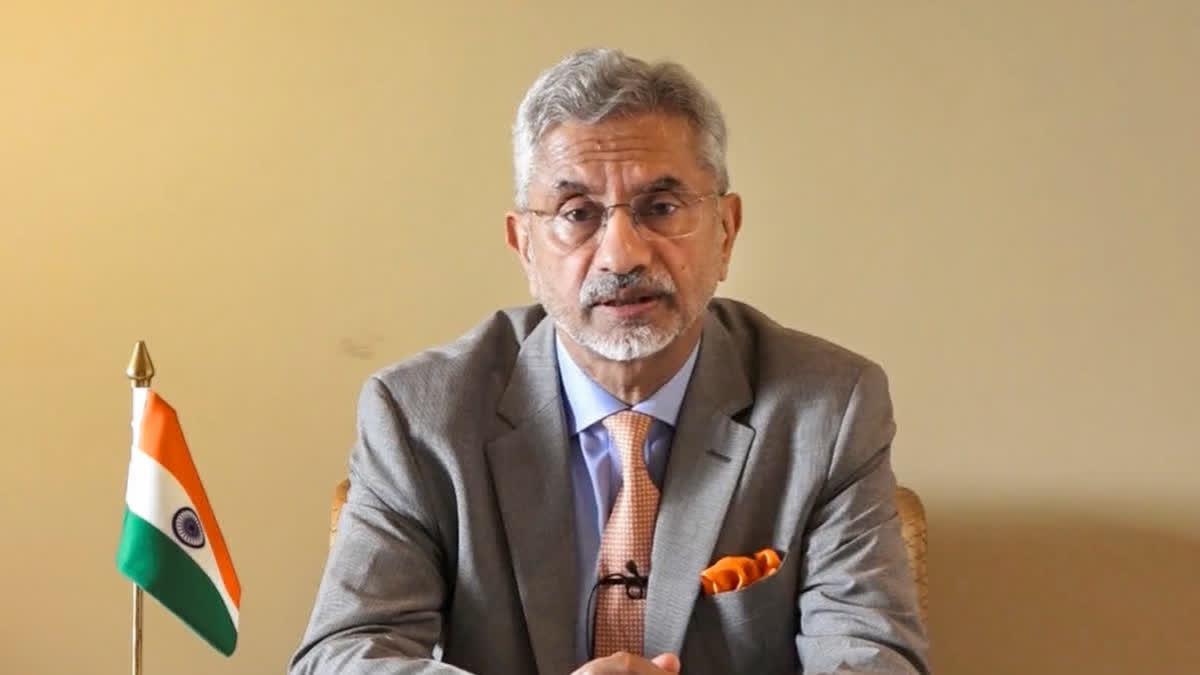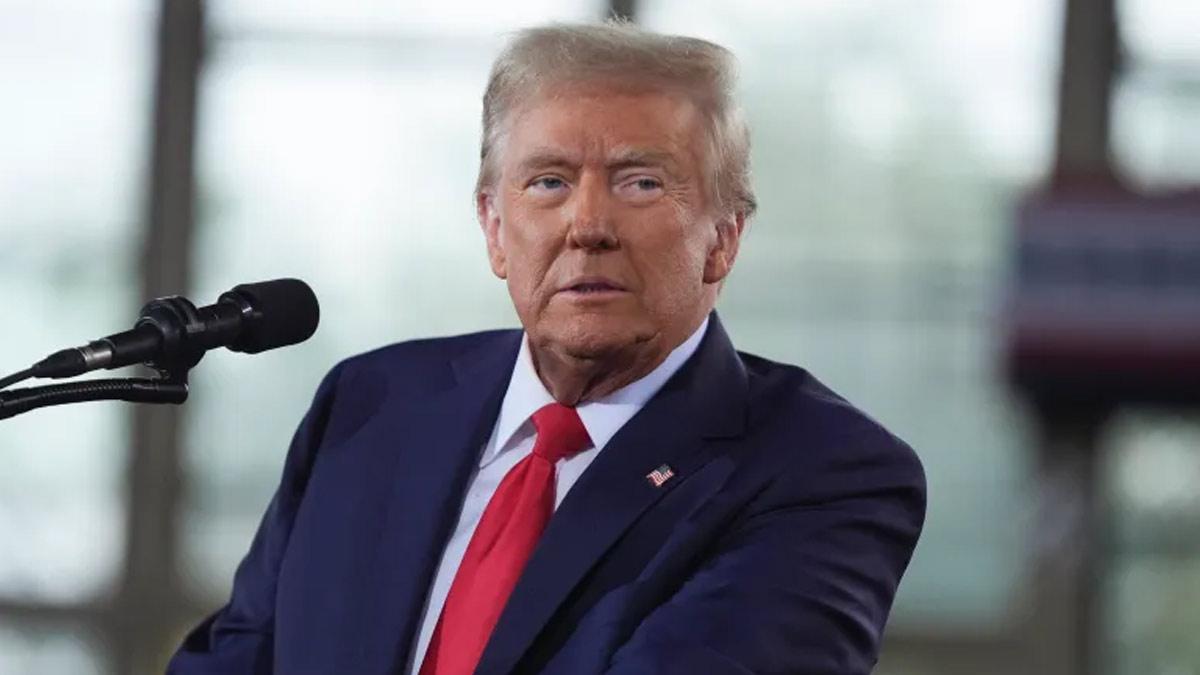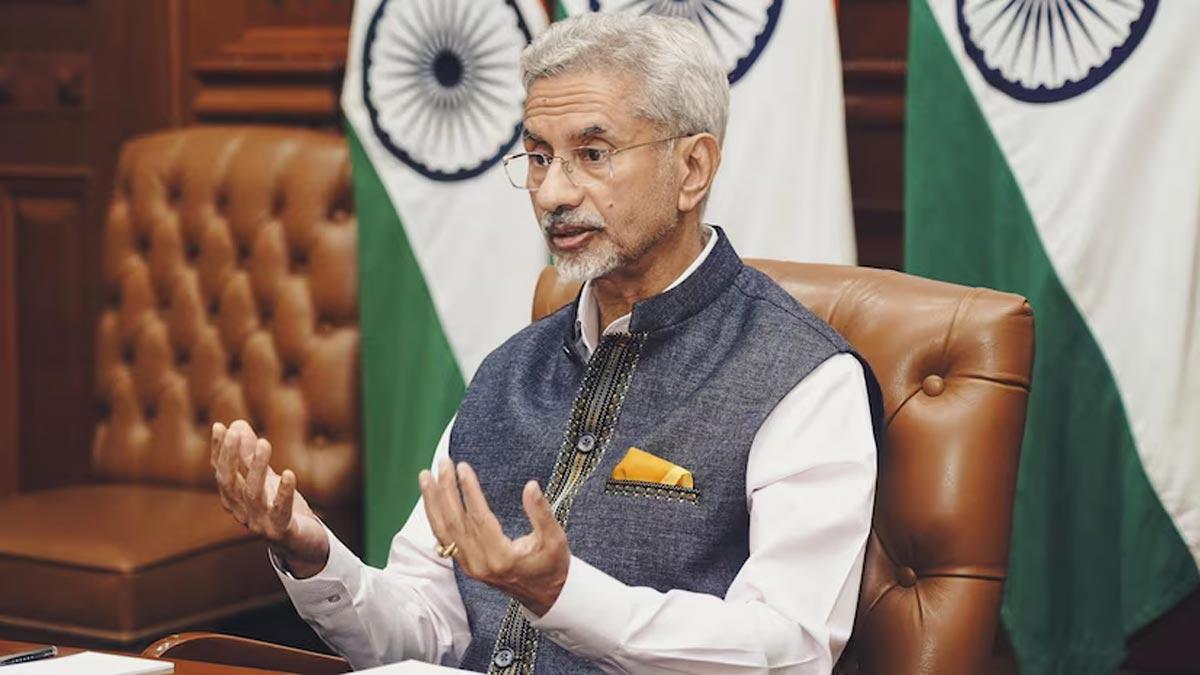With India and the United States in the last lap of their bilateral trade negotiations, negotiations have hit a rough patch over a number of sensitive sectors such as agriculture, dairy, digital services, and medical trade.
Washington is reportedly demanding aggressively more market access in these sectors, while New Delhi is concerned about protecting domestic priorities and balancing the outcome more fairly, a report in Mint said quoting informed sources.
The most recent round of talks was held in New Delhi from June 4 to 10, with Brendan Lynch, the Assistant U.S. Trade Representative for South and Central Asia, at its helm. Although some members of the American delegation have already headed back home, others are still in India to carry on with the negotiations, seeking tangible assurances, especially in the disputed areas.
Negotiators from both sides are expected to maintain momentum through virtual meetings, aiming to reach an agreement before the reciprocal U.S. tariff pause expires on July 8.
India's opposition to liberalizing its dairy and farm markets is steadfast, with cultural sensitivities and fear of opening up vulnerable domestic sectors to high-level foreign competition weighing heavily. "The negotiations are not going as they should. The talks were supposed to be two-way, as promised. But the US team's insistence on opening up some key sectors is a take-it-or-leave-it proposition," someone participating in the talks said.
The Mint report said that invitations for comments from U.S. trade officials, the U.S. Embassy in India, and India's commerce and external affairs ministries had been extended, but feedback was awaiting at the time of press. Moneycontrol mentioned that it could not independently confirm the information.
One of the key obstacles is dairy. Indian officials have insisted that U.S. dairy will not have access unless the United States changes its animal feed habits, particularly its non-vegetarian use of feed, or agrees to India's vegetarian certification process. To that point, however, India has shown some willingness to compromise on reducing tariffs for certain items such as fruit and nuts.
The urgency to seal the deal is building with a July 9 deadline looming. In the event of no agreement, Indian exports would be subject to a universal tariff of 10% and 16% U.S.-specific duty. Indian officials feel the U.S. position diverges from the tone of the February 13 joint statement that had committed to work toward a "mutually beneficial" Bilateral Trade Agreement (BTA) by autumn 2025.
The U.S., Mint reports, is requesting deep tariff cuts on items such as dairy and shrimp, with the request that non-tariff barriers be removed—without making proportionate concessions for Indian goods.
Indian negotiators are upbeat despite the deadlock. "It's not that it can't be done, it's possible, because both countries are in favor of it. Actually, India was the first to be offered a trade agreement.". We are doing our best to make it possible and keep the trade talks on course," a source in the negotiations said to Mint. The source also brushed aside suggestions that international geopolitics were impacting momentum, pointing to the U.S.'s recent trade deals with the UK and China as proof of its continued engagement.
Apart from that, India has complained about U.S. regulatory standards—particularly stringent sanitary and phytosanitary regulations and pharmaceutical regulations. Destroying an entire shipment of fruit if a few samples don't pass quality tests is considered excessively punitive and trade-restrictive, the report further stated.
Read also| Elon Musk Admits Regret Over Trump-Related Posts: ‘Went Too Far…'
Read also| US Reaffirms Commitment to Support India in Terror Battle: State Dept.

